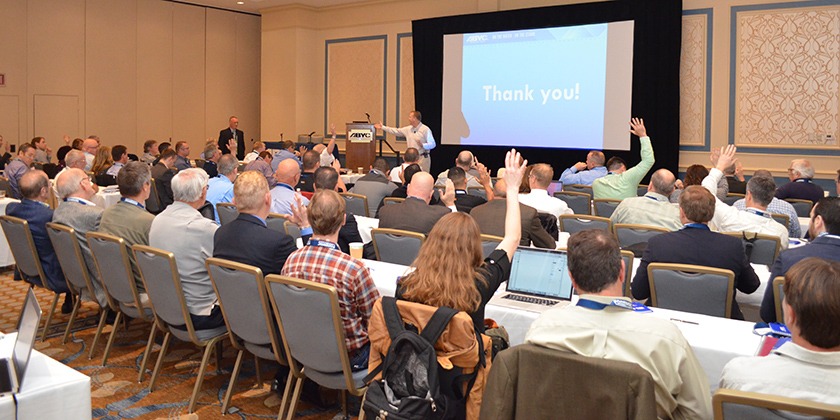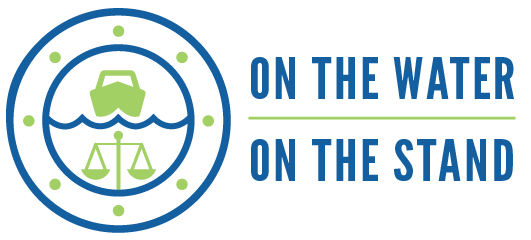Navigating Marine Law: ABYC announces comprehensive agenda for upcoming Symposium

Feb 6, 2024
“Matt Majors, a key speaker and marine law expert, engaging with attendees during a Q&A session at a previous Marine Law Symposium.”
The American Boat & Yacht Council (ABYC) has unveiled the comprehensive agenda for its sixth Marine Law Symposium, scheduled to start on Feb. 29, 2024. This event, available in-person in Annapolis or online, offers a hybrid participation format.
Developed for marine industry professionals such as surveyors, manufacturers, insurance agents, lawyers, and compliance officers, this year’s symposium covers a broad spectrum of pertinent topics. Key agenda items include:
· Boat Explosion Case Study: MG+M The Law Firm defended two manufacturers in a Lake Charles boat explosion case, upholding ABYC electrical standards. The plaintiffs sought $150 million in damages. Learn the strategy behind the defense’s successful verdict in this case study.
· Root Cause Analysis (RCA) for Small Vessel Mishaps: Dave Hollaway will introduce the ABS Marine Root Cause Analysis Technique (MaRCAT™) and the Human Factors Analysis and Classification System (HFACS) for investigating small vessel incidents.
· “Boat Cops Talk Shop”: A session with marine law enforcement officers from Texas, Florida, and Wisconsin. Lt. Col. Majors will lead a discussion on the challenges faced during patrols and investigations.
· Marine Fire & Explosion: Nick Harken and Jason Karasinski will discuss the investigation and litigation of marine fires, focusing on the differences between maritime and non-maritime law and investigations.
· Setting Your Expert Up for Success: This presentation will cover a boating accident case study, discussing navigation rules, boat captain responsibilities, and the use of technology like drones and matterport cameras in evidence collection.
· Hydraulic Steering Malfunction and Multivessel Collision: Learn about a significant collision on Grand Cailou Bayou involving a steering malfunction. Part 1 covers the perspectives of Raymond Perez, Michael Harowski, and defense expert Robert Taylor. Part 2 features Wendy Sanders’ defense argument on steering system integrity and adequate warnings.
One of the symposium’s speakers, Matt Majors, investigator with the Tennessee Wildlife Resources Agency and National Association of State Boating Law Administrators (NASBLA) program manager, emphasized the important of open dialogue at the event: “Participants of the symposium have questions on what happens during investigations and what trends we are seeing. We’re making ourselves available, with a panel of experts from across the country ready to answer these questions,” Majors said. He also highlighted the collective aim of the marine industry. “We’re really all on the same team. We want to concentrate on what’s happening and how we can prevent things from happening in the future, whether it’s a minor boating violation, or something major safety-wise, or a crash investigation. We all have the same goal, and that’s boating safety.”
Participants can earn up to six continuing education units.
For more information and registration, visit www.abycmarinelaw.com.




























